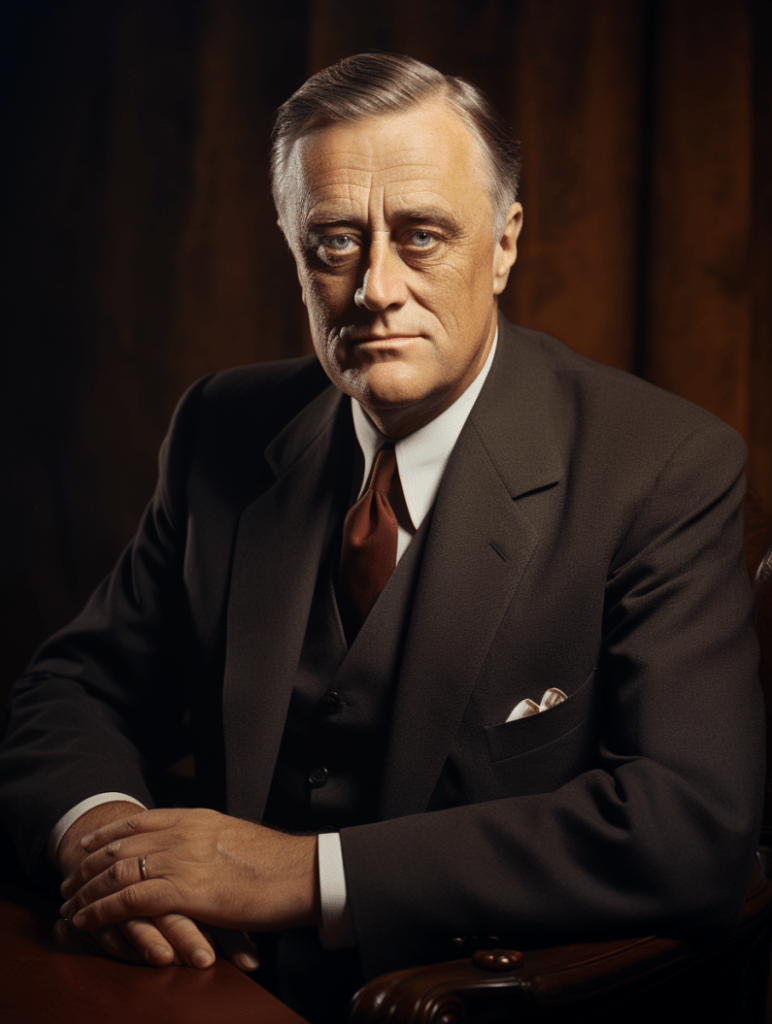On This Day, January 6, 1941, President Franklin D. Roosevelt delivered a historic address to the United States Congress, known as the “Four Freedoms” speech. This address was significant for articulating a vision of a world founded on four essential human freedoms, which Roosevelt deemed fundamental for global peace and security.
The Four Freedoms outlined by Roosevelt were:
- Freedom of speech and expression.
- Freedom of every person to worship God in their own way.
- Freedom from want, which translated into world terms means economic understandings that will secure to every nation a healthy peacetime life for its inhabitants.
- Freedom from fear, which translated into world terms, means a world-wide reduction of armaments to such a point and in such a thorough fashion that no nation will be in a position to commit an act of physical aggression against any neighbor.
Roosevelt’s address came at a critical time, as World War II raged in Europe and Asia, and the United States was debating its role in the conflict. While not yet directly involved in the war, the U.S. was increasingly supporting Allied nations. Roosevelt’s speech aimed to shift public opinion towards supporting a more active role for the United States in promoting democracy and opposing dictatorships.
The Four Freedoms speech not only helped to lay the groundwork for America’s eventual entry into World War II but also set a vision for the post-war world. These principles later influenced the creation of the United Nations and the Universal Declaration of Human Rights. Roosevelt’s articulation of these freedoms represented a shift in American policy from isolationism to a more internationalist approach, emphasizing human rights and global cooperation.
